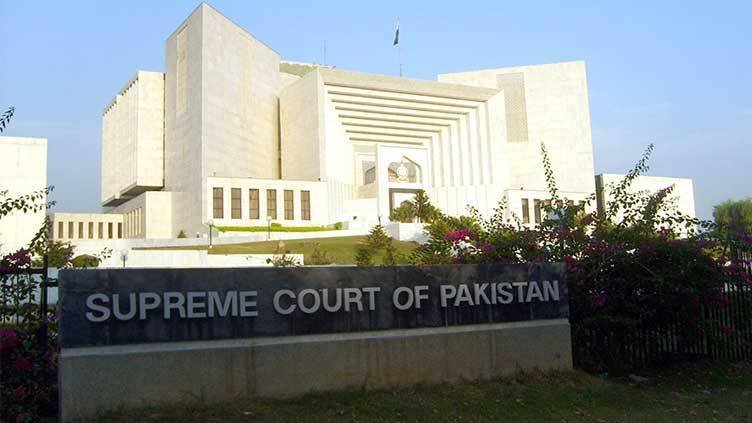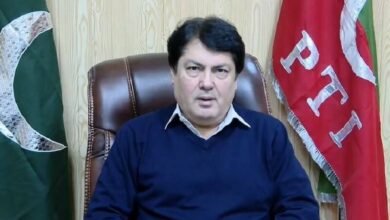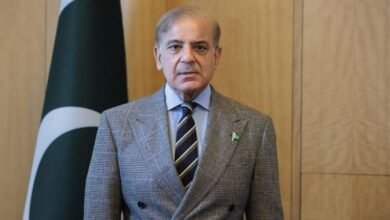
The Supreme Court (SC) on Monday suspended the Islamabad High Court’s (IHC) verdicts dated May 29 and June 25 in the high-profile audio leaks case. A two-member bench, comprising Justice Aminuddin Khan and Justice Naeem Akhtar Afghan, presided over the hearing.
In addition to staying the IHC’s decisions, the SC issued notices to Bushra Bibi, wife of former Prime Minister Imran Khan, and Najam-ul-Haq, son of former Chief Justice Saqib Nisar. The court also accepted the federal government’s appeals challenging the IHC rulings.
During the proceedings, Justice Aminuddin Khan questioned whether the IHC had verified the authenticity of the leaked audio recordings and identified who had conducted the recordings. The Additional Attorney General responded that the investigation was ongoing.
Justice Naeem Akhtar Afghan remarked that there seemed to be a lack of effort in uncovering the truth, adding that the SC had already halted the inquiry commission’s activities. The SC emphasized the need for the authenticity of the recordings to be determined and questioned whether the IHC had considered this aspect.
The Additional Attorney General informed the court that the IHC’s orders were not final and that the high court had overstepped its jurisdiction under Article 199 of the Constitution. The SC clarified that the IHC lacked the authority to conduct investigations, and the case would be heard again at a later date.
Earlier, the federal government had filed an appeal in the SC challenging the IHC’s decision in the audio leaks case involving Bushra Bibi and Najam-ul-Haq. The appeal named the son of the former Chief Justice, as well as the Pakistan Telecommunication Authority (PTA) and the Ministry of Defense, among others, as respondents.
The government argued that the IHC’s ruling was based on flawed facts and that the court had granted relief beyond the requests made in the petitions. It also contended that the IHC did not possess the authority to take suo motu notice under Article 199, calling for the high court’s decision to be declared void.
The government further highlighted that, following the audio leaks, which pertained to the distribution of political tickets, the Speaker of the National Assembly formed a committee to investigate the matter. Najam-ul-Haq had challenged the summons issued by this committee in the IHC.
The government also argued that the IHC had overstepped its authority by demanding reports from institutions and that the high court could not engage in fact-finding exercises.
In its earlier judgment, the IHC declared any form of surveillance on citizens illegal and unconstitutional. IHC Justice Babar Sattar, in a written order, directed Prime Minister Shehbaz Sharif to identify who was responsible for the mass surveillance of citizens, holding the PM and his cabinet collectively and individually accountable.
The IHC also instructed the Prime Minister to submit a report within six weeks on the legal framework governing the surveillance system. The report must clarify whether the surveillance was being conducted lawfully and constitutionally and must identify the individuals responsible for its installation and operation.
Moreover, the IHC issued contempt of court notices to the PTA Chairman and its members, instructing them to respond within six weeks. The court noted that the PTA had seemingly misinterpreted the surveillance system in its report.




